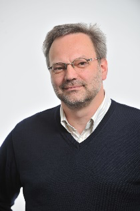 |
Dr. Jörg Schulz
Climate Service & Product Manager, EUMETSAT |
Dr. Jörg Schulz is a meteorological scientist with more than 25 years of experience in remote sensing, radiative transfer modelling and satellite instrument calibration. He graduated in 1989 at the University of Hamburg, Germany, followed by a PhD on the remote sensing of evaporation over global oceans. Since 2010 he is leading the climate activities at EUMETSAT that is delivering climate data records for several applications including the global reanalysis at ECMWF. He is involved in European research projects and the Copernicus Climate Change Service addressing the generation of climate data records from historical and new instruments and elaborating new methods for uncertainty quantification. He authored and co-authored more than 80 publications including the architecture for space-based climate monitoring. He has led the WCRP GEWEX Data and Analysis Panel from 2014-2016 and is currently the Chair of the joint CEOS/CGMS Working Group on Climate and also a member of the WCRP Data Advisory Council.
Talk Title: “EUMETSAT’s support to climate science and services”
Observations from space provide unique information of the climate system, so it is evident, that the future of the global climate observing system depends critically upon a major satellite component. EUMETSAT already holds more than 35 years of Meteosat and other satellite data series in its archive and is committed to extend existing climate data records and initiate new ones in the next decades. This will be achieved with instrument data from the new multi-satellite programmes MTG and EPS-SG and be based on the exploitation of Copernicus Sentinel missions on behalf of the European Union. In addition, historical satellite data reaching back into the 1970s are analysed and prepared for use in climate analysis. Historic satellite instruments were mostly built to monitor weather while many new satellite instruments are directly usable for climate monitoring. The challenge for creating useful climate data records is to quality control and recalibrate data from old instruments and to combine these with data from new instrument series into meaningful climate data records. Such data records shall also contain an estimate of the uncertainty introduced by the measurement process and applied algorithms that is important for the usage of the data in context with other measurements and models. The presentation has provided an overview of EUMETSAT’s scientific and operational activities in support to climate science and services.
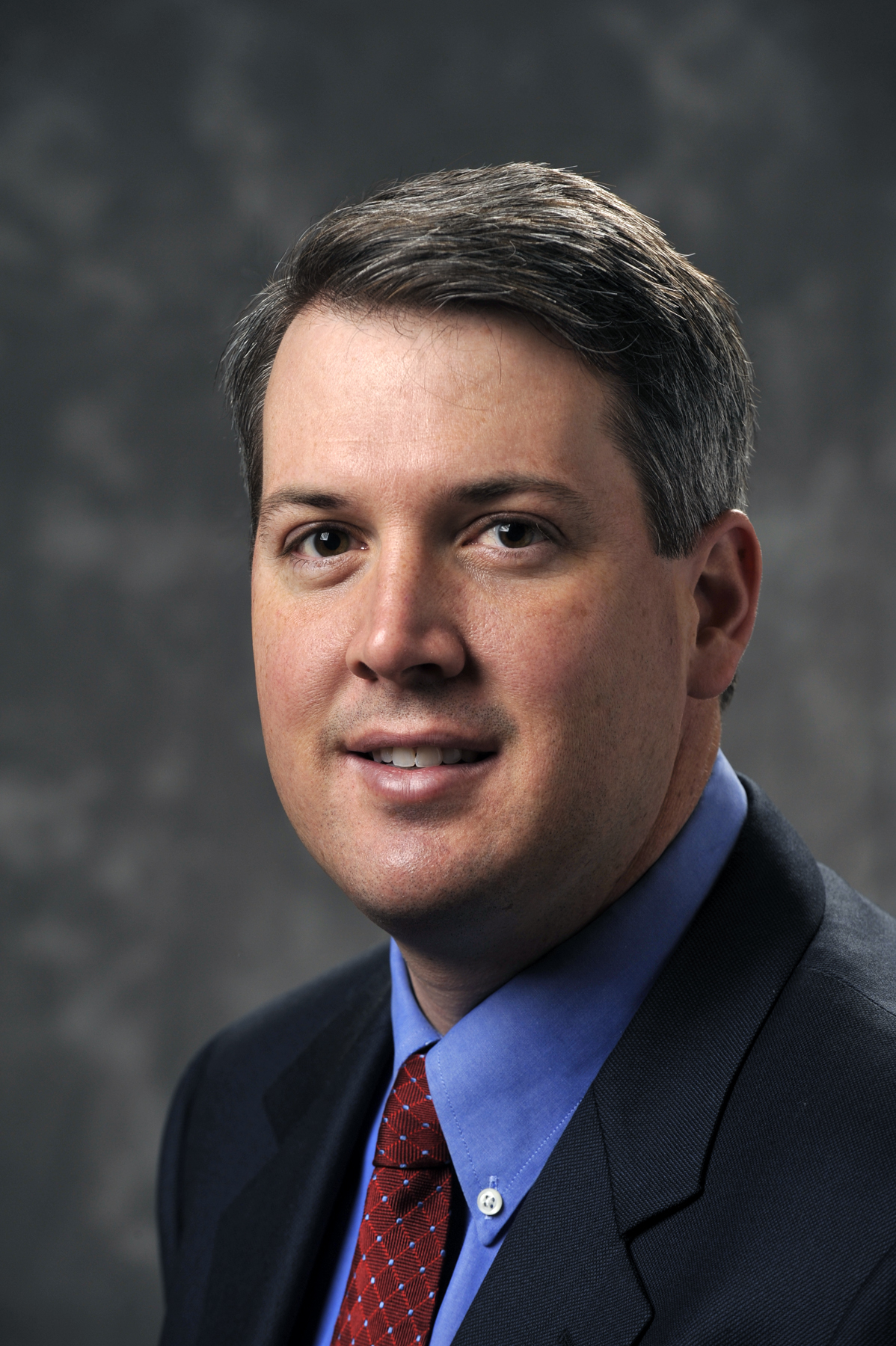 |
Dr. William Blackwell
MIT Lincoln Laboratory
Associate Leader, Applied Space Systems Group |
Bill Blackwell has served as principal investigator on MicroMAS-1, MicroMAS-2, and MiRaTA cubesat atmospheric sounding programs. He is currently PI on the NASA TROPICS Earth Venture mission, is leading the formulation of the Earth Observing Nanosatellite-Microwave mission for NOAA, and is the Associate Leader of the Applied Space Systems Group at MIT Lincoln Laboratory. Dr. Blackwell now serves on the NASA Aqua science team and previously served as the Sensor Scientist for the Advanced Technology Microwave Sounder, now operational on the SNPP and NOAA-20 satellites. Dr. Blackwell has authored over 125 papers on all aspects of atmospheric remote sensing.
Talk Title: The TROPICS constellation mission.
Dr. Blackwell has discussed climate signatures to be examined by the TROPICS mission, including diurnal characteristics of tropical cyclones and the potential for small satellite constellations to contribute to compelling climate questions.
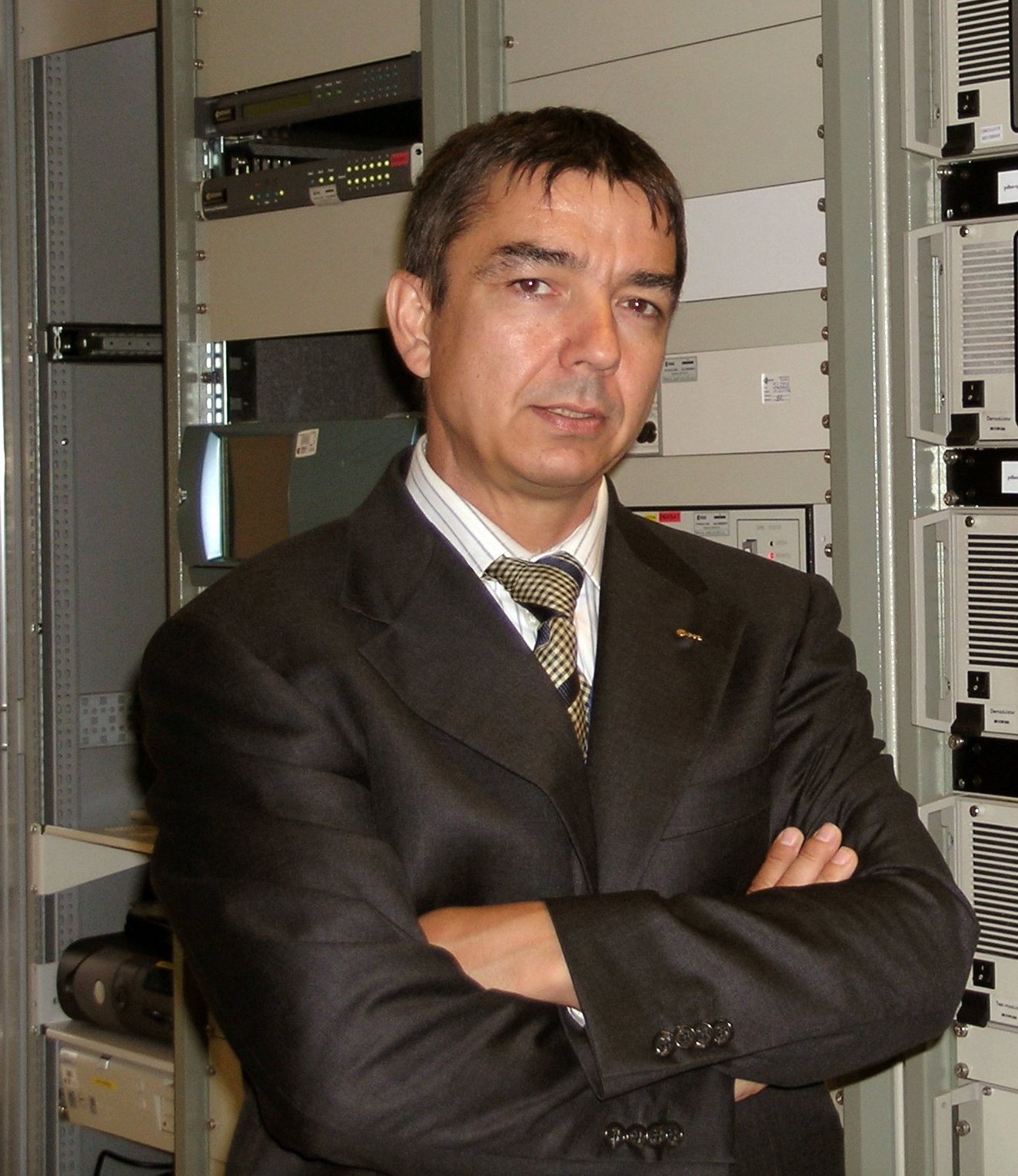 |
Pascal Gilles
Head of the EO GS Infrastructure and Operations Management at the European Space Agency, |
Pascal Gilles a French national, earned his degree in Atmospheric Physics from the Ecole Nationale de la Météorologie in France.
Gilles moved from the Direction de la Meteorologie Nationale in France to ESA’s European Space Operations Centre (ESOC) in Germany in 1984 to work on quality control for Meteosat data. In 1987, he moved to ESA’s Centre for Earth Observation (ESRIN) in Frascati, Italy, to assume the role of Head of Quality Control Services.
In 1994, he began working on the Envisat mission. Following the successful launch of Envisat in 2002, he assumed the role of Operations Manager, a role he continued to fulfil while serving as CryoSat Mission Manager.
He too over the post of Head of the Earth Explorers Payload Data Ground Segment Projects Office in 2008.
He was appointed to his current role in 2012.
Talk Title: The new paradigms of Data Access
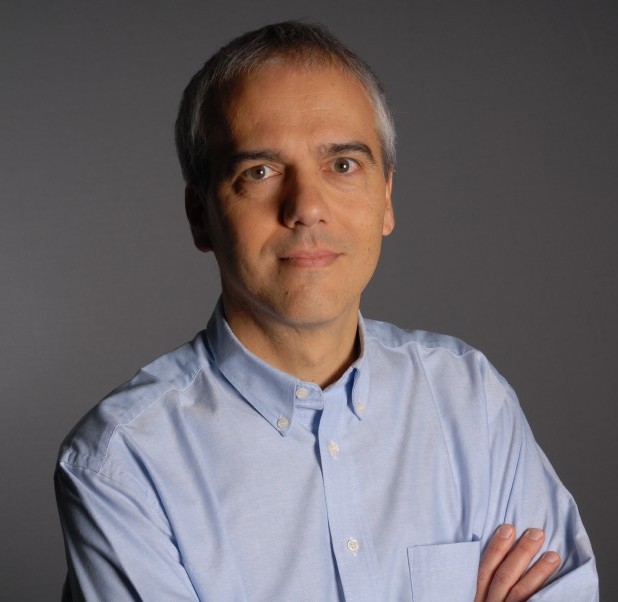 |
Olivier MARSAL
Head of the « Earth Observation » department (Digital solutions, ground segment & operations Directorate) |
Olivier Marsal joined CNES in 1986. He took part in the preparation and implementation of several missions of French astronauts on board US and Russian space stations, and participated in studies aiming at deploying seismic stations on the surface of Mars. Then, he joined the field of Earth Observation in 2003, working on the development of satellites in order to better understand our environment. In 2011, he was appointed Head of the “mission exploitation” department, in charge of CNES missions during their in-orbit exploitation phase. Since the beginning of 2017, his job as Head of the “Earth Observation” department encompasses the development of the payload data ground segments and the responsibility
of in-orbit missions. This department also aims at fostering the usage of Earth Observation data, in particular thanks to cooperation with a large number of French institutes to set up data hubs providing value-added products combining space and in situ data, through Data Centers (Aeris, Formater, Odatis, Theia). It is also involved in several initiatives aiming at helping private companies develop applications using EO data.
Talk Title: The Space Climate Observatory: a world Observatory of climate change and its impacts from Earth Observation data
Satellites are essential tools to help understand the mechanisms of climate change: thanks to their global observations and the continuity of their measurements (e.g. more than 25 years of ocean altimetry, Calipso, IASI and IASI NG data…), they provide time series of extremely valuable data, which are the basis for several international climate-related programmes: at the European level, in particular, the ESA-led Climate Change Initiative or the Copernicus Climate Change Service.
On 11 December 2017, space agencies invited by CNES proposed to work towards the creation of a Space Climate Observatory (SCO) as a response to climate change and its societal impacts. As compared to existing international initiatives mentioned above, which mainly address climate change at the global scale, this Observatory focuses on the delivery of data, building derived information and tools to help decision makers who have to adapt to continental, regional and local impacts of climate change. CNES has started defining an overall concept. International cooperation is obviously a fundamental element of this endeavour; CNES is therefore setting up a series of workshops with international partners to define an inclusive international dimension for SCO and identify the ones who are willing to contribute to the SCO.
First demonstration cases will be presented during the Toulouse Space Show at the end of June 2018.
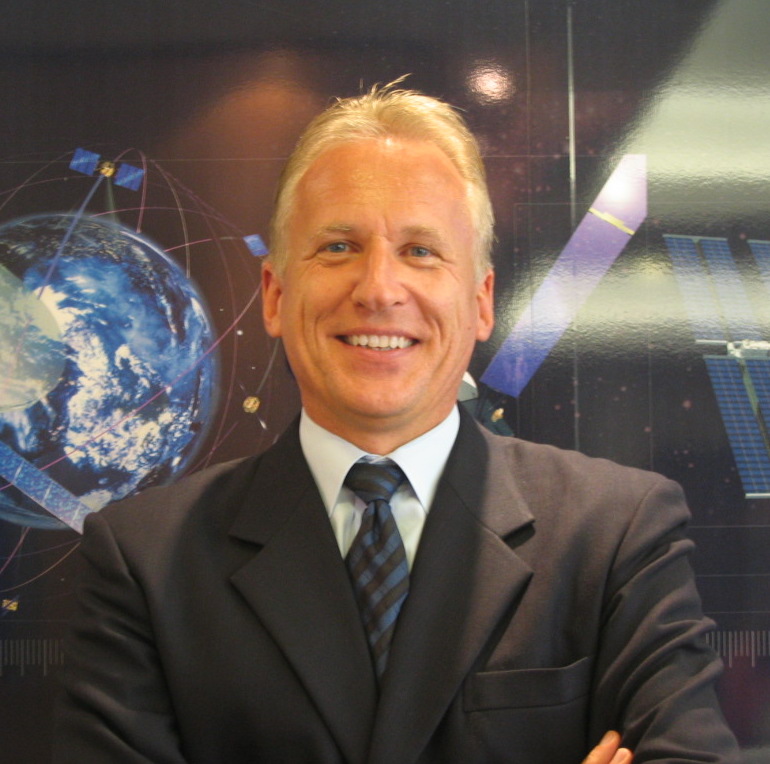 |
Dr. Thomas Beer
Copernicus Policy Coordinator, Copernicus Space Office, ESA-ESRIN
|
Studied Law and Economics in Berlin, Doctorate in Law from the “Freie Universität” Berlin, International Law Department, in 1986. Legal Counsel with Alcatel SEL, Stuttgart, 1986-1987.
As from 1988, Staff member of the European Space Agency (ESA). Various positions in the area of International Procurement and Space Policy, based in Toulouse, Paris, Brussels and Rome: Procurement Officer, Head of Section, from 1988 to 1992, Toulouse; Head of the ESA HQ Contracts Service from 1998 to 2004, Paris. Detached to the Council of the European Union (Directorate for Defence Aspects), Brussels, from 2004 to 2007.
February 2007 to June 2008: ESA Director General’s Cabinet, Security Strategy and Partnership Development Office, Paris. As from 1 July 2008: Policy Coordinator in the Copernicus Space Office, Rome.
Talk Title: ESA's contribution to Climate Monitoring, in particular Copernicus.
The intervention has addressed the main streams of work dedicated by ESA to Climate Monitoring. These efforts include the contributions to the Space Climate Observatory (resulting from the One Planet Summit), the ESA Climate Change Initiative (and its ECV's) and the Copernicus Space Component (Sentinels) contributing to the Copernicus Climate Change Service.